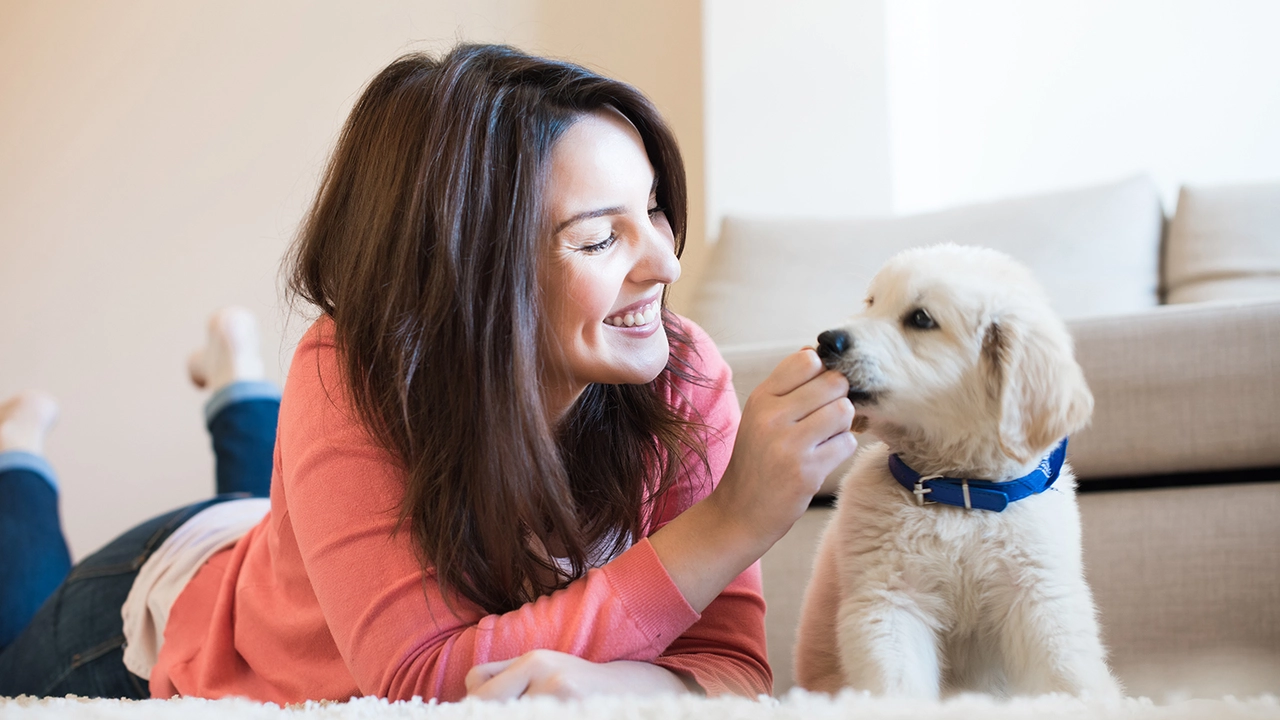Animal companionship: why it matters and how to make it work
Having a pet changes your daily life in small, useful ways. Pets reduce stress, nudge you to move more, and give steady company when you’re alone. If you want a friend that boosts mood and activity, animal companionship can deliver—but only if you choose the right pet and plan for the real costs and effort.
How to pick the right companion
Start with your lifestyle. Work long hours? A cat, small indoor rabbit, or fish may fit better than a high-energy dog. Want daily walks and more social time? A medium-energy dog that needs 1–2 hours of activity a day could be a great match. Think about space: apartments suit smaller breeds or well-trained cats; a backyard helps with larger dogs.
Time and budget: expect upfront costs (adoption fees $50–$300, basic supplies $100–$300) and annual care (cats $300–$1,000, dogs $800–$2,000 depending on size and health). Vet basics include spay/neuter, vaccinations, and flea/tick prevention. Puppies usually get vaccines at about 8, 12 and 16 weeks, then annual boosters—ask your vet for the exact schedule.
Adopt when possible. Shelters often list behavior notes and medical history, and staff can match you to pets that fit your routine. If you consider a breeder, check health clearances and visit the environment where animals are raised.
Daily care, health basics, and real-life tips
Set a simple routine: feeding at consistent times, daily exercise, and short training sessions. Dogs do best with a morning walk, a mid-day potty break (or dog walker), and evening play. Cats need daily 10–20 minute play sessions plus access to a clean litter box, ideally one per cat plus one extra.
Watch for stress signals: hiding, sudden bathroom accidents, loss of appetite, or aggression. Those signs mean a vet or trainer check is needed. Microchip your pet and keep ID tags current—lost pets return home faster when identification is clear.
Allergies? Try HEPA filters, regular grooming, and short-haired or low-shedding breeds. For kids, teach gentle handling and supervise all interactions until both child and pet are comfortable.
Travel and backup plans matter. Arrange a reliable pet sitter or boarding spot before trips. If you travel frequently, consider pets that tolerate alone time or hire regular help.
Animal companionship can be one of the best investments in daily happiness if you’re realistic about time, money, and responsibility. Take small steps—meet the animal, ask about habits and health, and set up a simple plan to make your life and theirs work well together.
Myeloma and Pets: The Benefits of Animal Companionship
In my recent blog post, I explored the incredible benefits of animal companionship for individuals suffering from myeloma. Pets, particularly dogs and cats, provide emotional support, companionship, and even physical health benefits to their owners. Through their unconditional love, pets have the ability to reduce stress and anxiety, which is crucial for myeloma patients as they go through their treatments. Additionally, these furry companions encourage regular exercise and social interaction, further improving the overall well-being of their owners. In conclusion, adopting a pet can greatly enhance the quality of life for those battling myeloma and provide much-needed comfort during challenging times.






